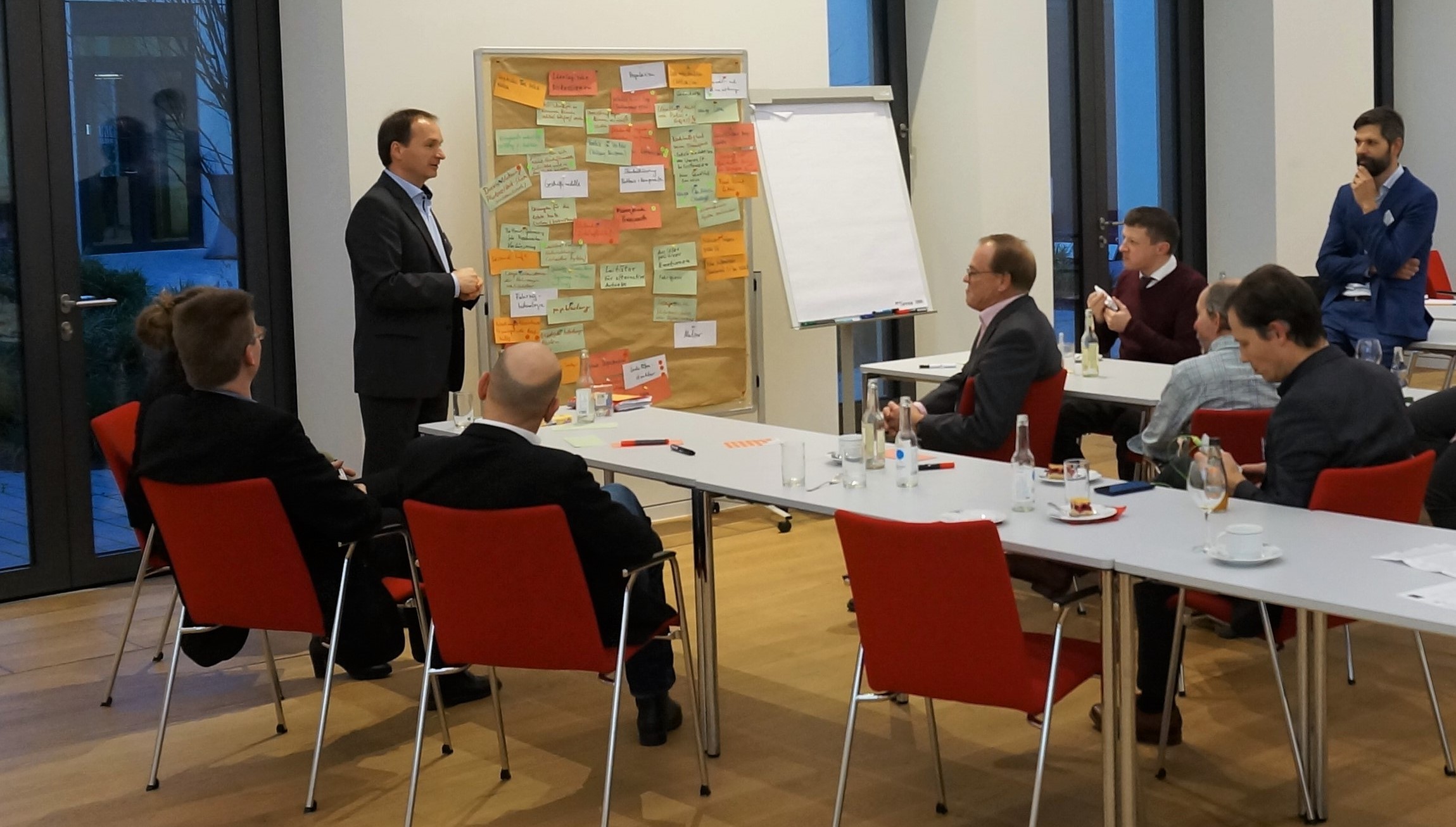In November, two Electromobility Europe projects (EME) – being proEME (Promoting Electric Mobility in Urban Europe) and EUFAL (Electric Urban Freight and Logistics) – have hosted joint workshop sessions on the topic electric mobility in urban freight and logistics. Their outcomes were nearly the same.
The first workshop, which took place in Copenhagen (Denmark) on the 19th November 2018 focused on the identification of knowledge and information gaps in the implementation of electric mobility in commercial vehicle fleets to support a demand-oriented set-up of the EUFAL Platform of Exchange.
The second focus was on the economic perspective including the identification of TCO (total cost of ownership) within the decision-making process to optimize the further development of the proEME decision support model.
The project partners were supported by the Transport Innovation Network (TINV) in Denmark. Around 20 participants from private and public transport, cities and municipalities, university and energy supply sectors joined the workshop.
In an initial plenary session practical experiences in electric vehicles was exchanged. In the pursuing workshop session, the participants were split into three groups to discuss one topic each: 1) policy and regulation 2) total cost of ownership and 3) infrastructure and technology.
In a nutshell, most participants identified significant potential of electric light freight vehicle for the urban road freight transport, especially for the last mile. Furthermore, fleet operators from Denmark believed that by securing long-term framework conditions with steady policy support for EVs respectively including repurchase guarantees in a tender could overcome the barriers to switch to electric vehicles in commercial transport.
Electric Mobility in Commercial Transport
The second joint workshop, which has been hosted by the proEME and EUFAL consortia on the 27th November 2018 in Potsdam (Germany), concentrated on the identification of user needs with regards to electric mobility in commercial transport.
Comparable to the outcomes in Copenhagen, the 16 German workshop participants from fleet management, charging infrastructure, industry, private transport and university also agreed that fleet owners experience major problems in managing risks associated with TCO projections on EVs.
One of the main barriers is seen in the estimation of the residual value of the BEV. Moreover, the participants see as critical factor the supply of charging infrastructure. They had concerns regarding the availability and the financial feasibility of an EV infrastructure in Germany.
The consortia have been supported by Brandenburg Invest / Wirtschaftsfoerderung Land Brandenburg GmbH (WFBB). The half-day Potsdam workshop was structured into two sessions starting with project presentations, followed by a presentation on total cost of ownership (TCO) analysis and future prospects of battery electric freight vehicles.

